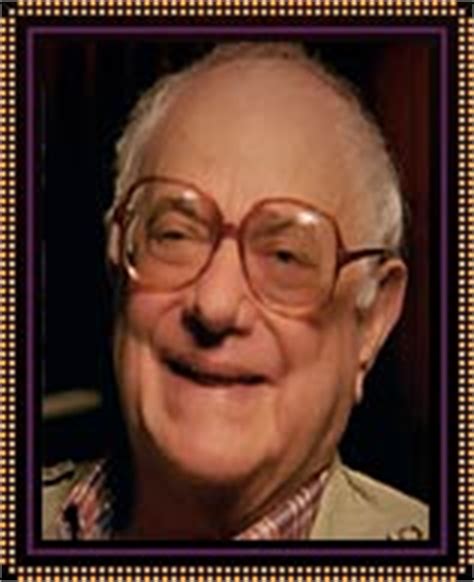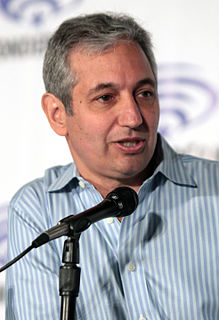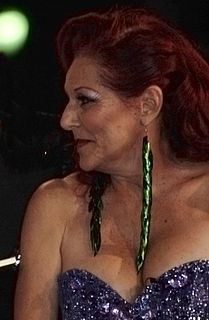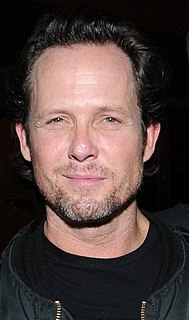A Quote by William H. Macy
As an actor, early on, you learn that the audience is never wrong. And if you think they are wrong, you need to find a different way to make a living. Collectively the audience is smarter than you will ever, ever be.
Related Quotes
We all know of course, that we should never ever ever ever ever ever ever ever ever ever ever ever ever ever ever ever ever ever ever ever ever ever ever ever ever ever ever ever ever ever ever ever ever ever ever ever ever ever ever ever ever ever ever ever ever ever ever ever ever ever ever ever ever ever ever ever fiddle around in any way with electrical equipment. NEVER.
I do think - I always tell that to young people - go to college, do theater, work with an audience. Don't try to learn how to act in front of millions and millions of people. Don't make that your first ambition, to be on a sitcom or get into the movies. Learn who you are as an actor, and the best way to do that is to do it in front of an audience.
Acting is bad acting if the actor himself gets emotional in the act of making the audience cry. The object is to make the audience cry, but not cry yourself. The emotion has to be inside the actor, not outside. If you stand there weeping and wailing, all your emotions will go down your shirt and nothing will go out to your audience. Audience control is really about the actor
I think you have to do the stories that interest you and hope an audience likes it, rather than doing stories that you think the audience will like, whether you like them or not. I think there has to be something that you find compelling and interesting, and then hopefully an audience will agree with you.
The nice thing about live performance is that I've never, ever been let down. Partly I'm lucky that my audience self-selects itself. Generally they know what they're in for, and generally we all just like each other and get along. But I always find one or two or a dozen really interesting people in the audience who make the show different. And that's one of the things I really like about performing.
I was born with the wrong sign
In the wrong house
With the wrong ascendancy
I took the wrong road
That led to
The wrong tendencies
I was in the wrong place
At the wrong time
For the wrong reason
And the wrong rhyme
On the wrong day
Of the wrong week
Used the wrong method
With the wrong technique
Wrong
Wrong.




































